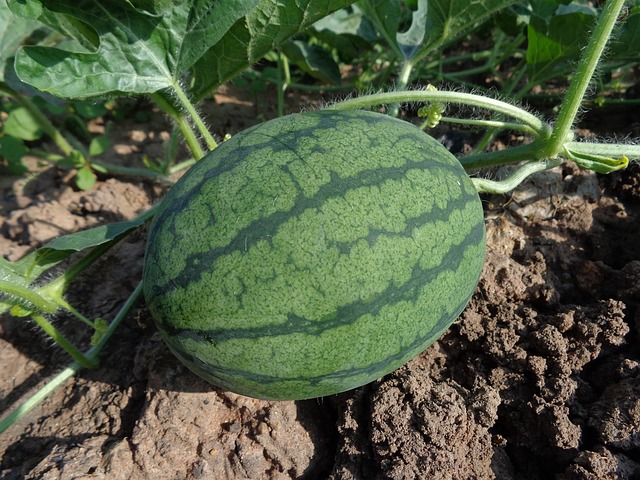The Role of Organic Farming in Achieving an Emission-Free Future
As we stand on the brink of climate crisis, the call for sustainable practices has never been more urgent. The concept of an emission-free future may seem like a distant dream, yet organic farming serves as a beacon of hope in addressing the pressing issue of climate change.
Preserving the Environment
Organic farming is centered around a philosophy of sustainability and environmental stewardship. By avoiding synthetic fertilizers and harmful pesticides, organic farmers work in harmony with nature, promoting biodiversity and safeguarding ecosystems. This environmentally friendly approach not only nurtures the soil but also protects our water supplies, ensuring that future generations inherit a healthy planet.
Sequestering Carbon
One of the most significant impacts of organic farming is its ability to sequester carbon. Through practices like crop rotation, cover cropping, and reduced tillage, organic agriculture enhances soil health and increases its carbon storage capacity. Healthy soils can naturally absorb more carbon dioxide, effectively reducing the amount of this greenhouse gas in the atmosphere, a crucial step in combating climate change.
Reducing Emissions
Another significant advantage of organic farming is the reduction of greenhouse gas emissions. Studies have shown that organic farms often require less energy due to the absence of synthetic inputs and the focus on local production. This localized approach minimizes transportation emissions, thereby contributing to a smaller carbon footprint. By choosing organic produce, consumers can directly support a system that prioritizes sustainability.
Empowering Rural Communities
Beyond its environmental benefits, organic farming has the potential to empower rural communities. By promoting local food systems, it creates jobs and stimulates local economies. Support for organic practices leads to greater food sovereignty, allowing communities to have control over their food production and distribution. This empowerment contributes not only to economic resilience but also to a shared responsibility for our planet’s health.
Fostering Awareness and Education
Organic farming encourages a culture of awareness around environmental issues. Farmers dedicated to organic practices often become educators, sharing their knowledge with consumers about sustainable farming methods and the importance of reducing our ecological footprint. This ripple effect is vital, as informed consumers are more likely to make environmentally conscious choices in their daily lives.
In a time when climate change poses an increasingly serious threat, embracing organic farming represents a powerful step toward an emission-free future. By prioritizing sustainability, reducing emissions, and fostering community engagement, organic farming not only combats climate change but also revitalizes our relationship with the environment. The path to a sustainable future is not just a dream; it is a journey we can all be a part of.



